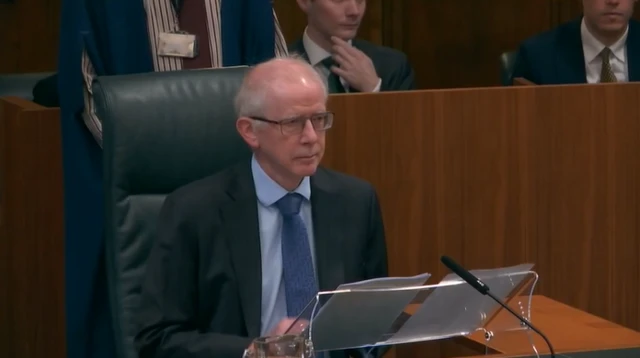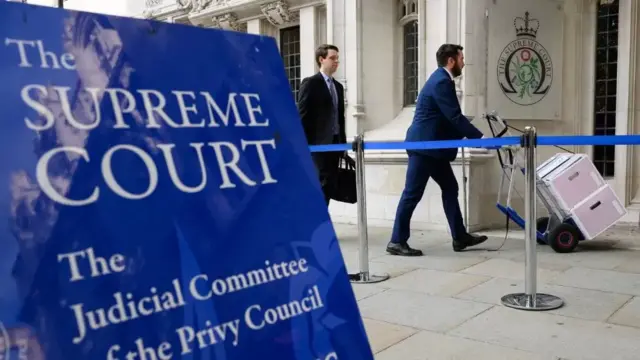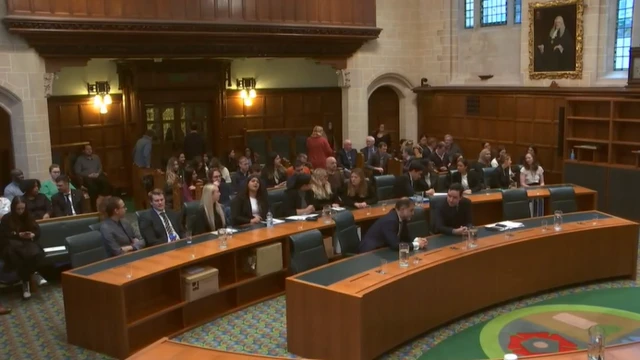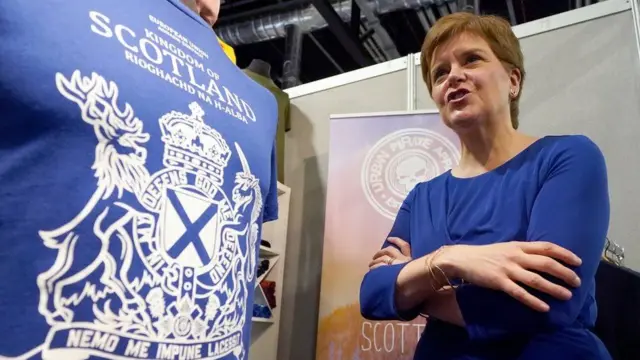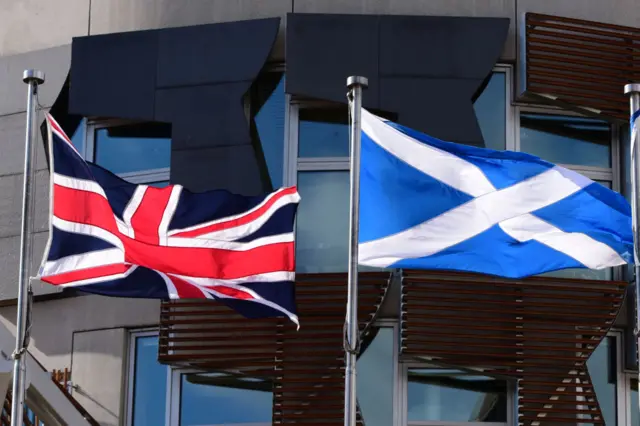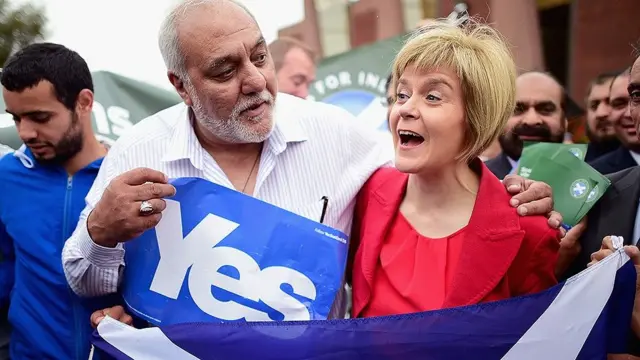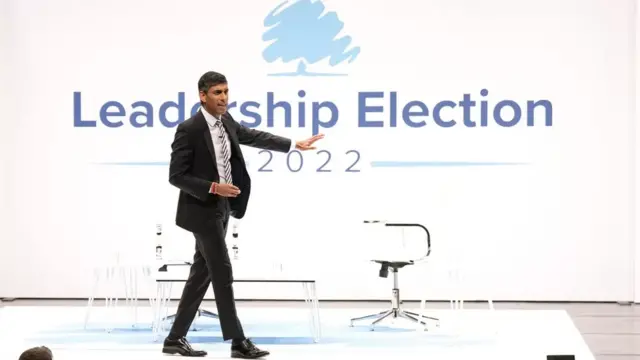Back to the detail of the ruling...published at 10:14 GMT 23 November 2022
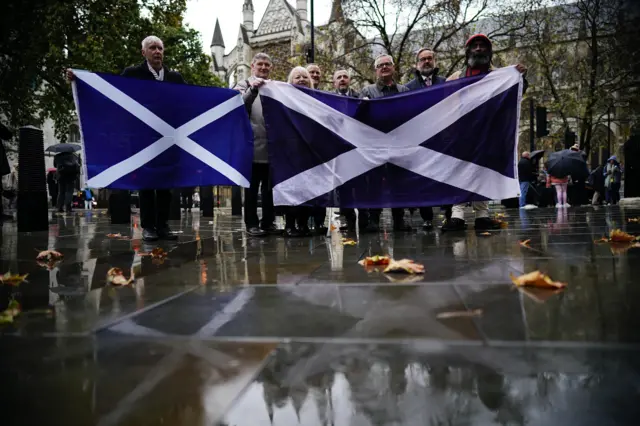 Image source, PA Media
Image source, PA MediaDisappointed Independence supporters outside court
If you are just joining us, let's return to the detail of the Supreme Court ruling against the Scottish government.
Lord Reed said the court cannot be asked to express a view on the political question of whether Scotland should become an independent country.
Turning to the question itself, Lord Reed said the issue was whether the Scottish government's bill relates to matters reserved to the UK parliament.
Those reserved matters would include the union of Scotland and England and the parliament of the United Kingdom.
Lord Reed said the purpose of the proposed bill is to hold a referendum on whether Scotland should become an independent country, by ending the union and sovereignty of the United Kingdom parliament.
The effects of the proposed bill are not confined to its legal effects, he said, adding it includes its practical effects.
He told the court the outcome of a referendum would either strengthen or weaken the democratic legitimacy of the union, depending on which view prevailed.




